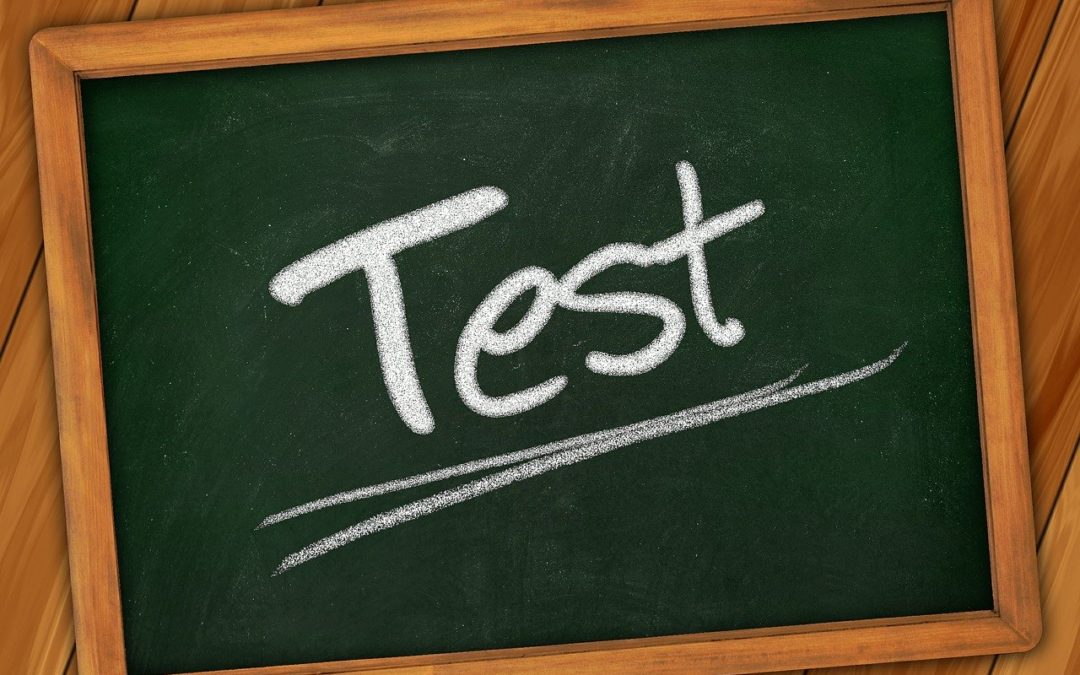Welcome back to this week’s topic: identifying meth houses and when to test. Today we’ll get a bit more specific and discuss having a meth test with your home inspection.
Spoiler alert: we’re going to recommend it.
Why, you ask? Well, to start, it allows you to buy and sell your property with confidence. It also grants peace of mind in regards to the status of your home. But those are general explanations, so let’s look a bit closer and see if we can’t unpack why testing is so imperative.
Contamination Can Be Anywhere
Meth is an incredibly pervasive drug. Even so, many owners think that knowing a property’s history is enough to rule out contamination. Unfortunately, that’s just not true. You see, there’s always a chance someone used meth on the property without anyone knowing.
According to a study by the Substance Abuse and Mental Health Administration, approximately 1.6 million Americans used meth in 2017. That agrees with figures from the National Center for Biotechnology, which estimates that as many as half a million people continue to use meth every week.
Think about that. Millions of meth users smoke each year. If each of them smokes in just five locations, they have the potential to contaminate millions of properties. And if you read last week’s article, you know you can’t always predict who’s using.
All of this means that proper testing is the only way to know, for sure, if meth has found its way into your home. That is why testing during your inspection is not only a good idea but the responsible one. It guarantees that the information you provide (or receive if you are the buyer) is accurate and up to date.
Other Reasons to Test Your Home During an Inspection
- Meth residue is dangerous. It’s also odorless and presents without any visual signs. As such, neglecting to test puts yourself and others at undue risk. In fact, many nations require testing before the purchase of a home or signing a lease due to these very concerns. Through this lens, testing is simply the wisest course for all involved.
- Smoking once is enough to contaminate a home. Meth also has a long half-life (we’ve seen estimates ranging as high as 250 years). So, in some cases, homes were contaminated long before the original owners purchased the house. This is one more reason you can’t assume anything based on the history of a property.
- Meth labs can be anywhere. We’ve seen them in churches, cars, and even schools, so you can’t judge a home or property based on how it looks.
- Meth labs are rarer in Utah now. But, according to recent figures and law enforcement, meth use and trafficking are on the rise. Ergo, contamination is more likely as more people use.
- Newly remodeled units test positive for meth, even with new furnaces and new paint. It takes thorough decontamination to remove this residue. General cleaning isn’t enough. So don’t be caught unprepared, make sure to consult with a professional before trying to flip your next house.
- Testing with your pre-listing inspection will avoid any unpleasant surprises. Testing also ensures you’re buying or selling with full disclosure and that you won’t face unnecessary delays.
- Buyers will likely want to test your home anyways. (If you are buying a home, you’ll want to be sure of its safety). Be aware that you may lose potential buyers due to meth contamination that you weren’t aware of – we see it all the time.
- Providing your results increases buyer confidence and protects the value of a home.
- Your health, and the health of the people around you, is worth the time and effort.
In Conclusion
Having a meth test with your home inspection avoids any unpleasant surprises for you or any future owners of a home. And it’s better to know now and deal with the problem instead of putting yourself or others at risk.
Be confident in your results; ensure you test with your inspection. And be sure to use a NIOSH 9111 compliant sampling method – not just an instant test kit. You may also want to seek a consultation to avoid using the wrong kind of test or any errors. If you’re in Utah, we’re happy to help. Give us a call at 801-888-6698.
(On a final note to landlords: we do suggest testing between tenants. Naturally, we can’t go into every reason why, so call us to find out how testing can save you time and money).
Image by Gerd Altmann from Pixabay

